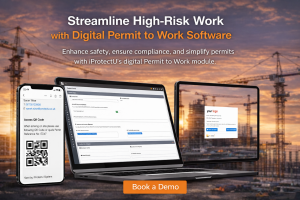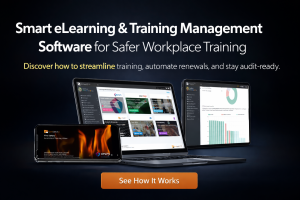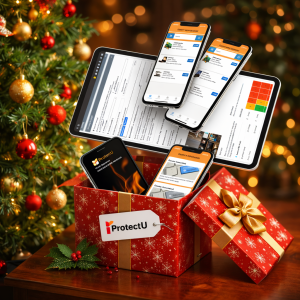Health and Safety Software » Health and Safety Software News » Health and Safety » Barbecue (BBQ) Safety
Barbecue (BBQ) Safety

BBQ season is almost upon us. When it comes to enjoying a BBQ in the sunshine, it is important to follow the safety guidelines for the specific type of BBQ you choose to use.
Disposable BBQs
Disposable BBQs have become more popular in recent years. If you do use a disposable BBQ, it is imperative that it is placed on an even surface, on either bricks or paving slabs and located well away from surrounding buildings and public benches. If you’re using a disposable BBQ, ensure it has cooled thoroughly before putting it in the bin. To avoid starting a fire you should allow it to cool for several hours and even then, consider pouring water over it to make sure it’s out.
Charcoal BBQs
Use only enough charcoal to cover the base to a depth of about 50mm (2 inches). Only use recognised fire lighters or starter fuel and only on cold coals; use the minimum necessary and never use petrol. Never put hot ashes straight into a dustbin or wheelie bin as they could melt the plastic and start a fire.
Gas BBQs
Ensure the tap is turned off before changing the gas cylinder and always change cylinders outdoors or in a well-ventilated area. If you suspect a leak to the cylinder or pipe work, brush soapy water around the joints and watch for bubbles, then tighten to fix but do not overtighten. After cooking, turn off the gas cylinder before switching off at the controls to ensure any residual gas in the pipe work is used up.
Here are some top tips to keep in mind when using any type of BBQ equipment.
- Protect your skin: When you’re out catching some rays, be sure to protect your skin by wearing sunscreen with a high SPF, a hat, and sunglasses.
- Stay hydrated: Be sure to drink plenty of water or other hydrating beverages, especially if you’re out in the sun for long periods of time.
- Avoid the hottest hours: If possible, avoid being in direct sunlight during the hottest hours of the day (usually between 11 a.m. and 3 p.m.). Plan your BBQ around this.
- Check for fire restrictions: Before starting a BBQ, check for any fire restrictions in your area. If there are restrictions in place, follow them carefully.
- Keep your grill clean: Before starting your BBQ, clean your grill to prevent any flare-ups. Use a good quality wire brush to remove any leftover debris from previous BBQs.
- Keep a fire extinguisher nearby: Always have a fire extinguisher nearby in case of an emergency. Make sure it is suitable for use and that you know how to use it. The safest, most effective type of fire extinguisher for a BBQ is a dry powder fire extinguisher.
- Keep children and pets away: Keep children and pets at a safe distance from the BBQ, particularly when the grilling equipment is hot.
- Never leave the grill unattended: Never leave the grill unattended, even for a moment. Keep an eye on it at all times to prevent any accidents.
By following these tips, you can enjoy a safe and enjoyable BBQ this summer.
Arrange your demonstration
Let us show you how we can transform your health and safety, risk and compliance management
Please choose a date and time for your demo. We look forward to meeting with you.
Latest Updates & Information

Construction Safety Statistics 2025: The True Cost of Contractor Non-Compliance
Construction remains one of the UK’s most hazardous industries, with fatal injury rates significantly higher
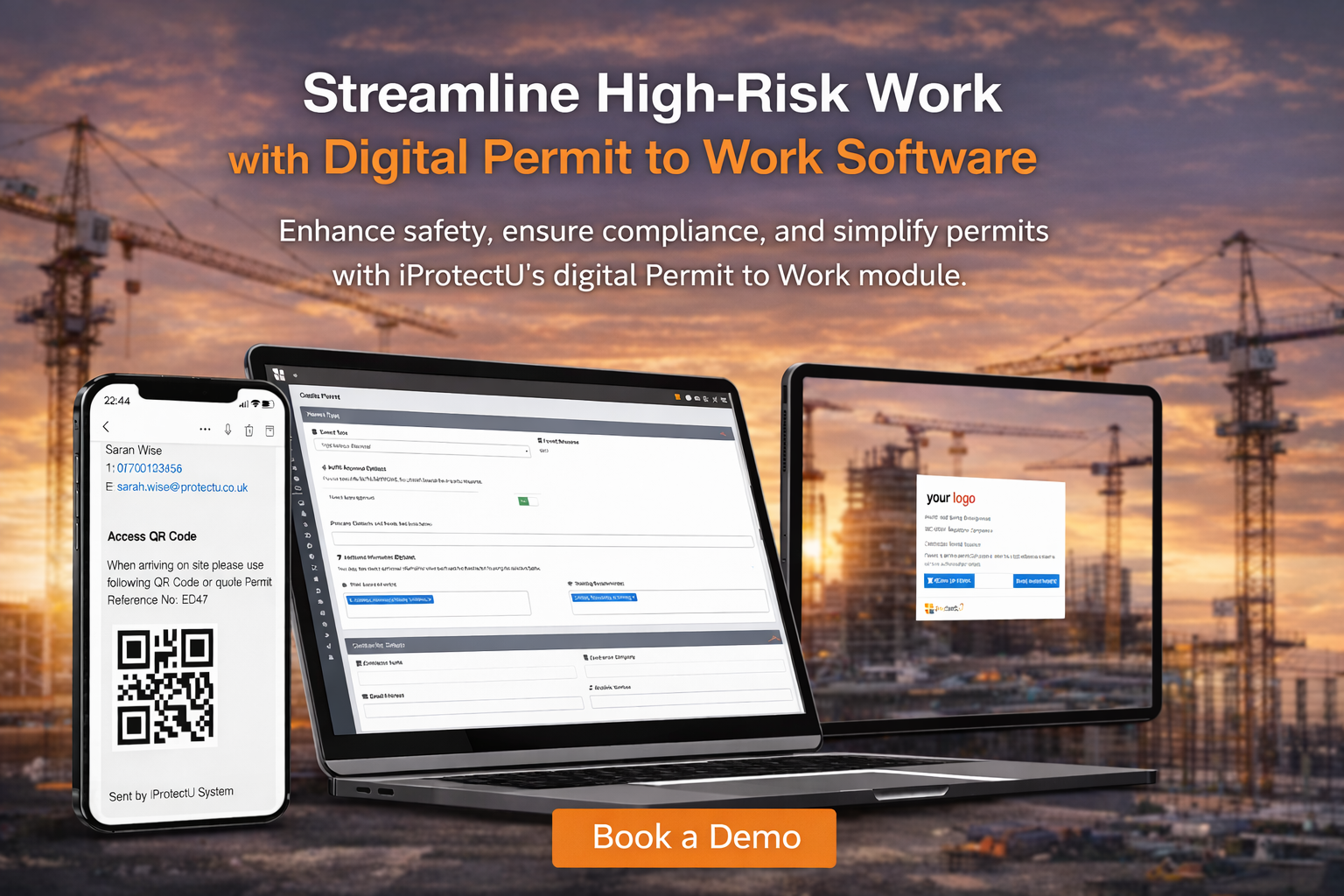
Boost Safety & Efficiency With Digital Permit to Work Software
Permit to Work software helps organisations manage high-risk tasks safely and compliantly. Discover how iProtectU’s
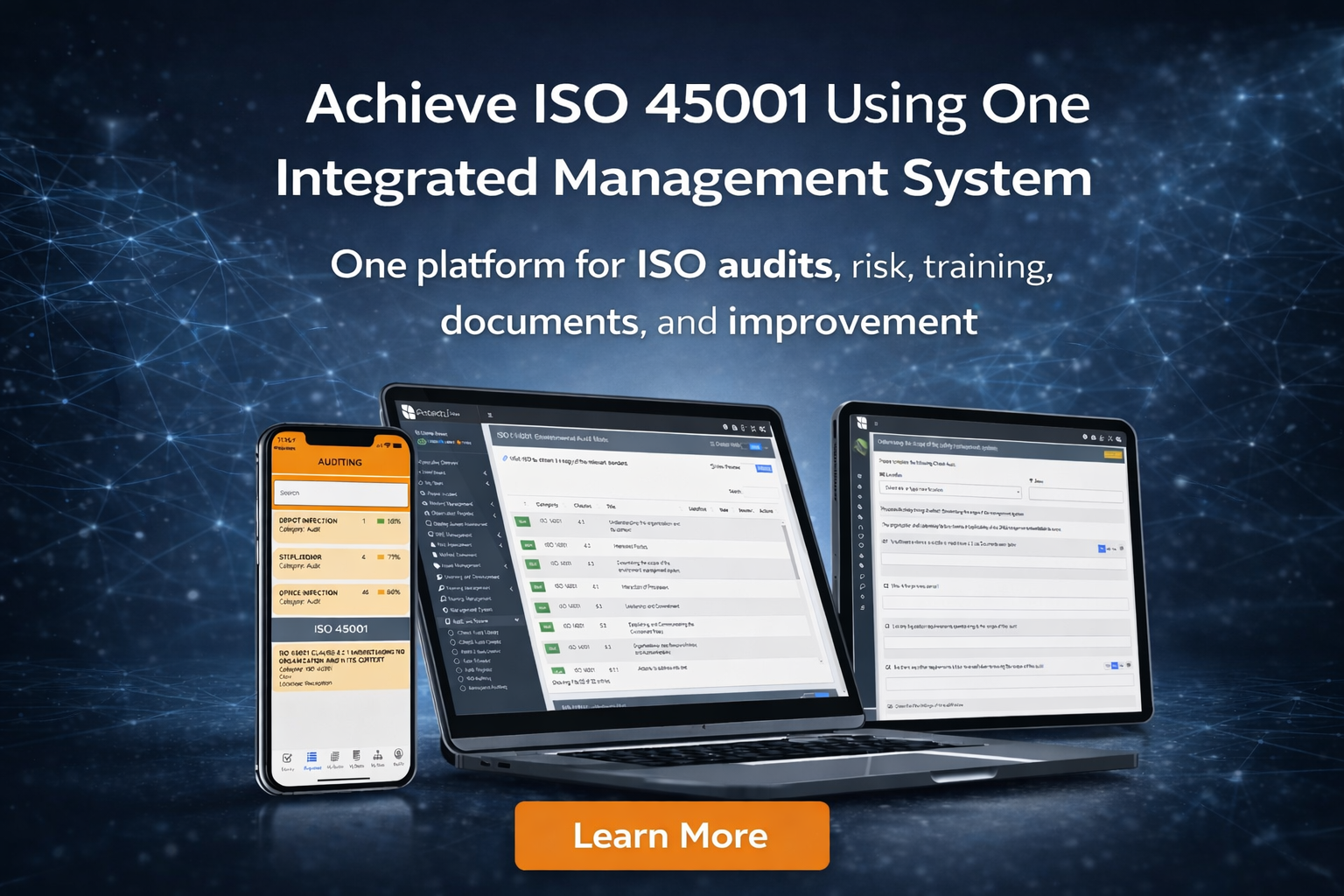
Achieving ISO 45001 with an Integrated Audit-Led QHSE Software Platform
Achieving ISO 45001 doesn’t need to be complex or resource-heavy. The real challenge isn’t understanding
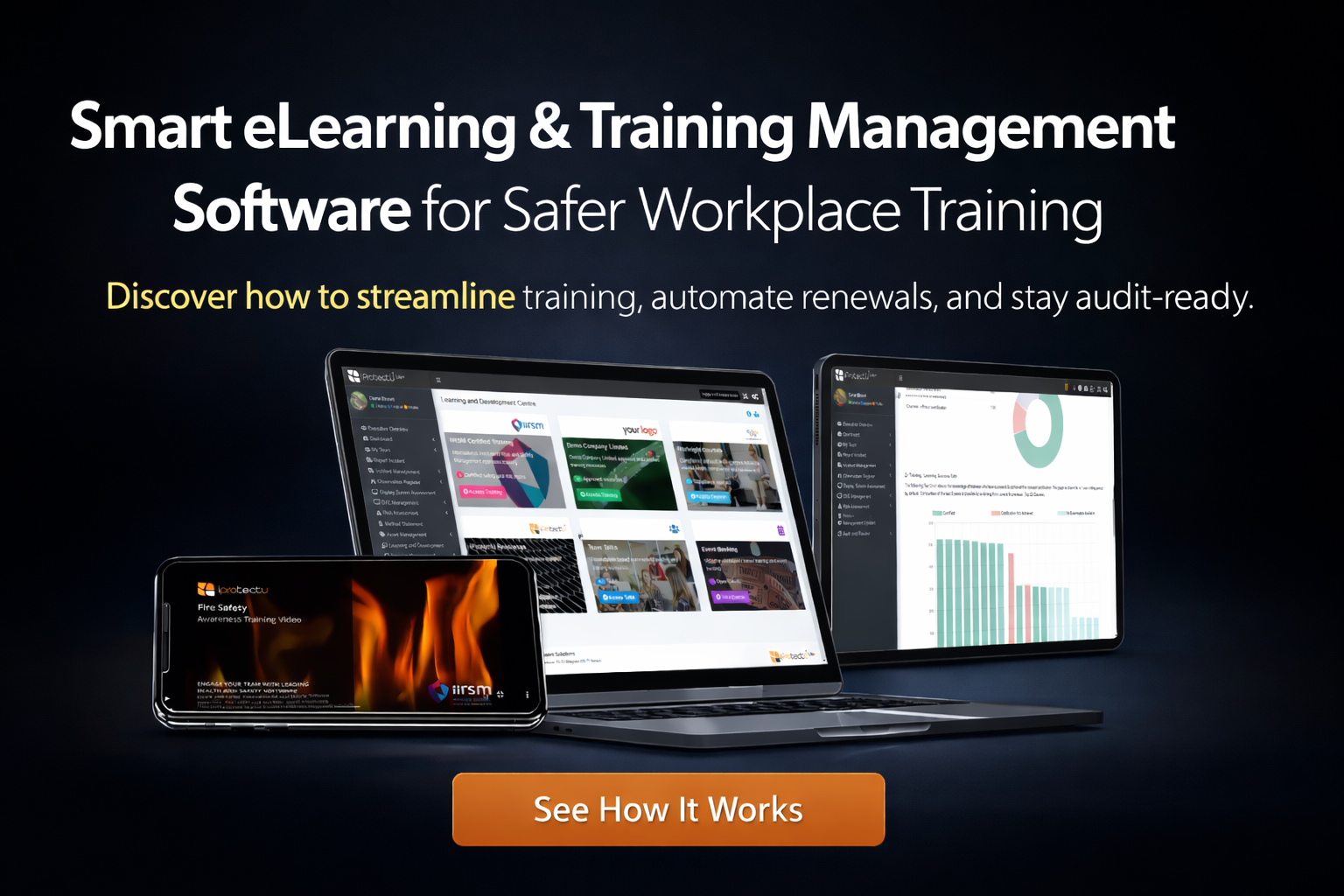
Transform Workplace Training with Smarter eLearning & Training Management
Discover how eLearning and training management software helps organisations deliver, track and optimise workplace safety
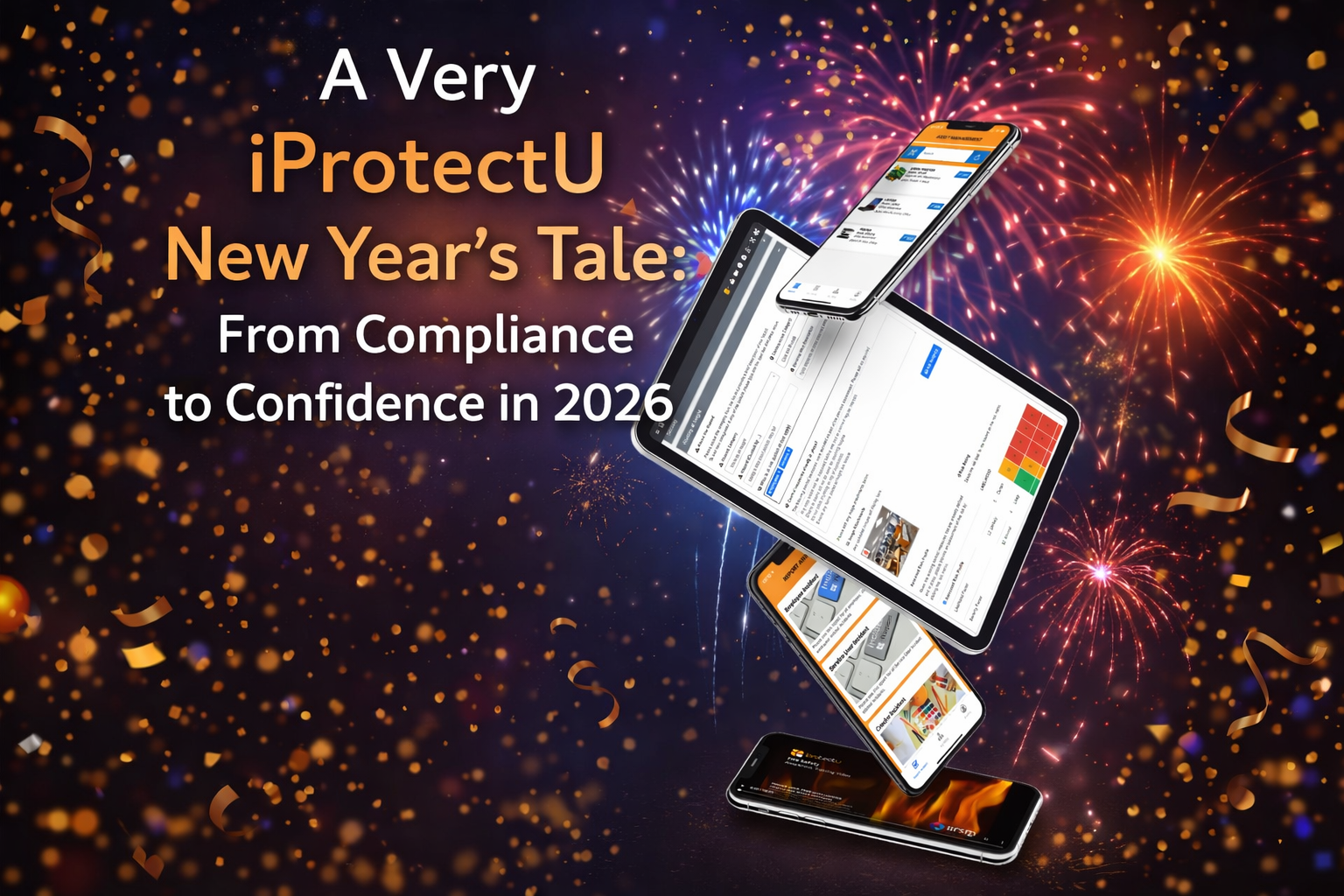
A Very iProtectU New Year’s Tale – From Compliance to Continuous Confidence in 2026!
As we step into 2026, it’s time to embrace a smarter approach to safety. Discover
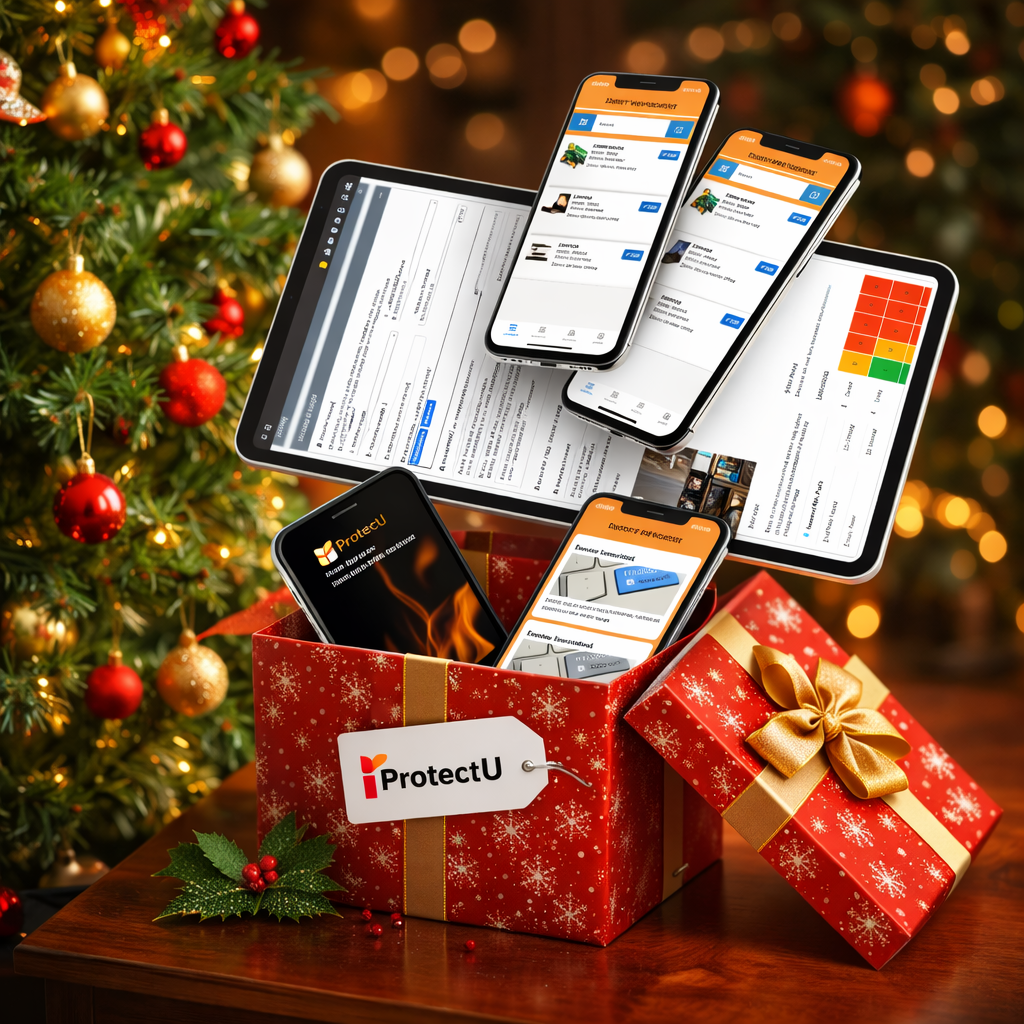
Twas the Night Before Compliance: A Very iProtectU Christmas & New Year’s Tale
Ho ho hold on – before you climb that ladder to hang the fairy lights…


